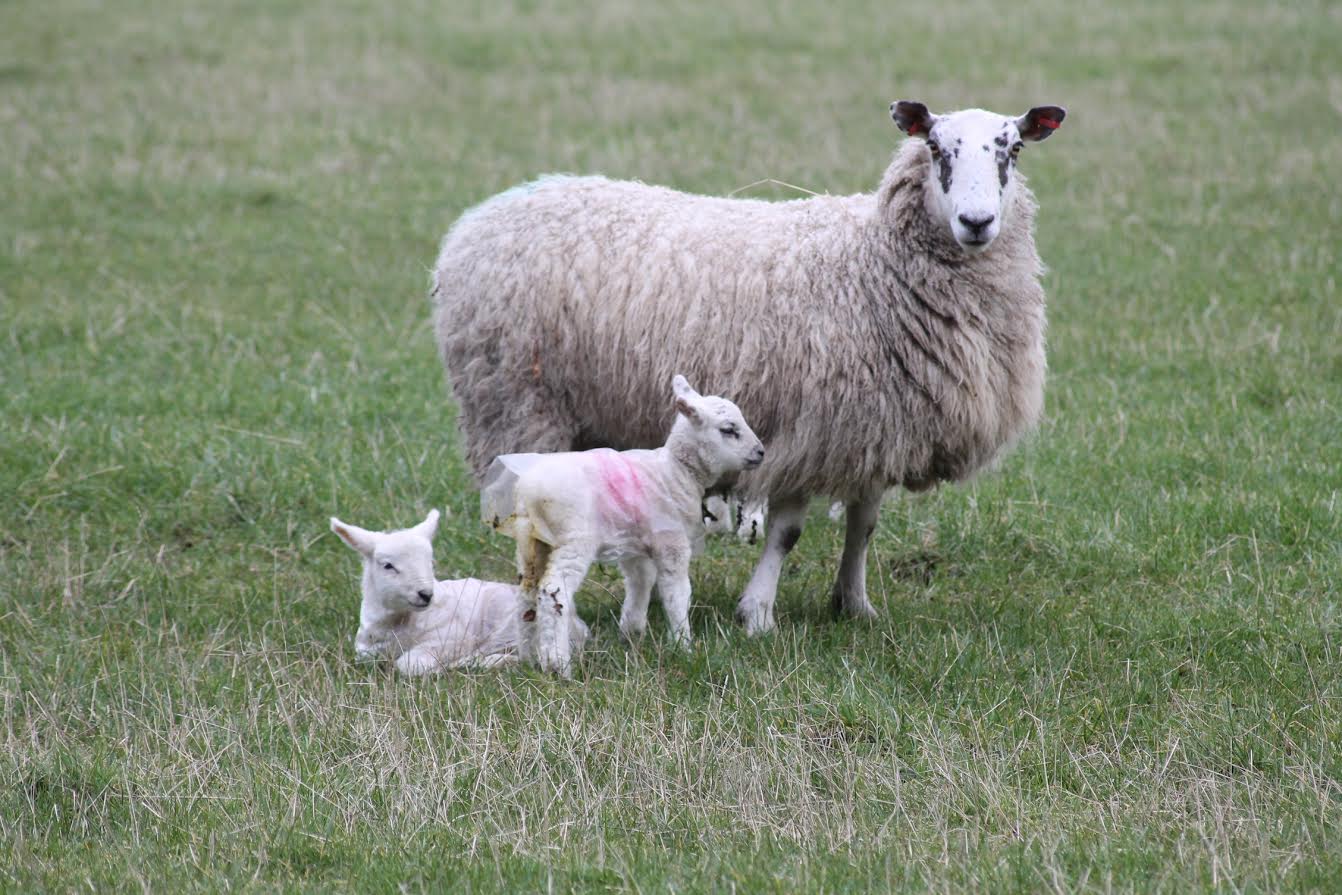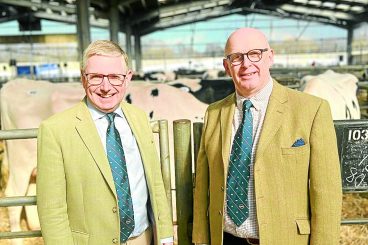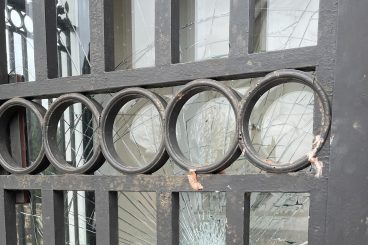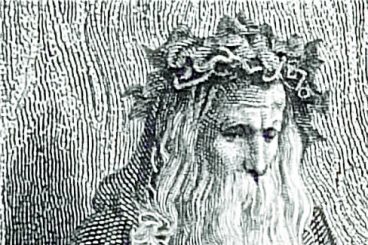FARMERS locally are being urged to be on their guard this spring and help protect livestock from the deadly consequences of lead poisoning.
Discarded materials around farmland, including car and electric fence batteries, or ash from where lead has been burned, can prove fatal to animals if digested, Food Standards Scotland (FSS) has warned.
They say young livestock, turned out into the field for the first time at this time of year, are particularly at risk due to their inquisitive nature within new surroundings.
The poisoning can have a knock-on effect on the food chain, contaminating meat, offal and milk which becomes unsafe and illegal to sell.
The FSS is reinforcing its on-farm safety messaging, with Stuart McAdam, the organisation’s head of incidents, saying that lead poisoning can have a devastating impact for farmers and can put consumers at risk.
He added: “Lead is a highly toxic metal which can cause slow or stunted growth, blindness, infertility, birth defects and death.
“Not only are health impacts on stock distressing, but there are financial implications such as veterinary fees, carcass disposal and loss of market value.
“We know farmers are very serious about the health and welfare of the animals in their care, however, because incidents of lead poisoning often peaks in spring when cattle is put out to pasture we’re re-launching our on-farm incident prevention campaign.
“Lead batteries, old paint, bonfire ash and fly-tipping are the primary causes of lead poisonings.
“Prevention is the best strategy and checking field regularly and removing animals’ access to these sources are the first steps to preventing these incidents.”
























